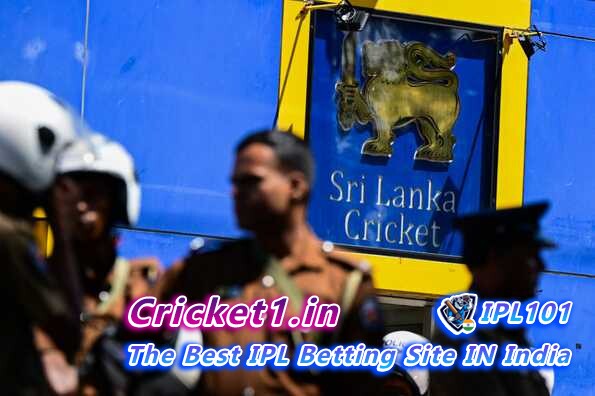
In a surprising turn of events, Sri Lanka Cricket (SLC) is maintaining its operational helm even after facing suspension from the International Cricket Council (ICC) and confronting assertions from the national Sports Minister about an interim leadership change. The SLC, emboldened by tacit approval from the ICC, is steadfast in its management of cricket affairs within the island nation, seemingly unaffected by either legal injunctions or ministerial interventions.
The drama intensified following the Sports Minister’s announcement to potentially appoint Arjuna Ranatunga, a cricketing legend turned politician, as the temporary chief of SLC. However, the SLC has remained undaunted, engaging in a direct confrontation with the ministry that had previously written it off.
Although initially stringent in his stance, the President of Sri Lanka appears to have moderated his view regarding the SLC. He informed Parliament recently that he had received and would consider three pleas from SLC president Shammi Silva, sent to the ICC on the 6th, 7th, and 9th of November, requesting a reevaluation of the suspension. Despite the appeals, there seems to be a lack of substantial presidential intervention. In fact, President Ranil Wikremesinghe openly contradicted the perspective of Sports Minister Roshan Ranasinghe and Ranatunga’s comments, which insinuated that Indian cricket authorities, specifically BCCI secretary Jay Shah, were influencing Sri Lankan cricket.
Dispelling these claims during a conversation with Indian media outlet First Post, President Wikremesinghe confidently stated, “No, Jay Shah doesn’t run Sri Lankan cricket.” He lamented over Shah’s unnecessary entanglement in the controversy and extended his apologies. It seems the court has decided to postpone further discussion on this matter until Monday, November 27th.
In an unexpected offensive move, the SLC has publicly contested the Sports Minister’s allegations regarding financial improprieties. A document procured under the Right to Information Act by SLC paints a conflicting image when juxtaposed against the media statements issued by the Ministry. The ministry claimed that it used a grant from the SLC worth Rs. 289 million on 47 items. However, information provided to SLC under the Right to Information Act contained discrepancies, indicating expenditures on 67 activities rather than the 47 originally cited.
The SLC also highlighted operational grievances, claiming that administrative delays and red tape led to the absence of key players Wanindu Hasaranga and Dushmantha Chameera from the World Cup team. The cricket body claimed it had planned to include the players in the tournament despite their injuries, but the Sports Ministry’s refusal to approve their travel on medical grounds thwarted these plans.
Despite this internal chaos and its current suspension, the SLC continues to function in the international arena. The ICC allows for the continuation of Sri Lanka’s international engagements, albeit with the proviso that the ICC Board will oversee the financial aspects.
SLC’s resilience amidst these challenging circumstances is a testament to the complexities of sports administration and governance. The standoff between the SLC and the Sports Ministry hints at broader issues of autonomy and authority within national sports bodies. The international cricket community watches closely as Sri Lanka navigates this unprecedented governance crisis, raising questions about the balance between political influence and the independence of sports organizations. The outcome of these developments will likely have lasting implications for the structure of cricket administration, both in Sri Lanka and potentially in the broader global context.

